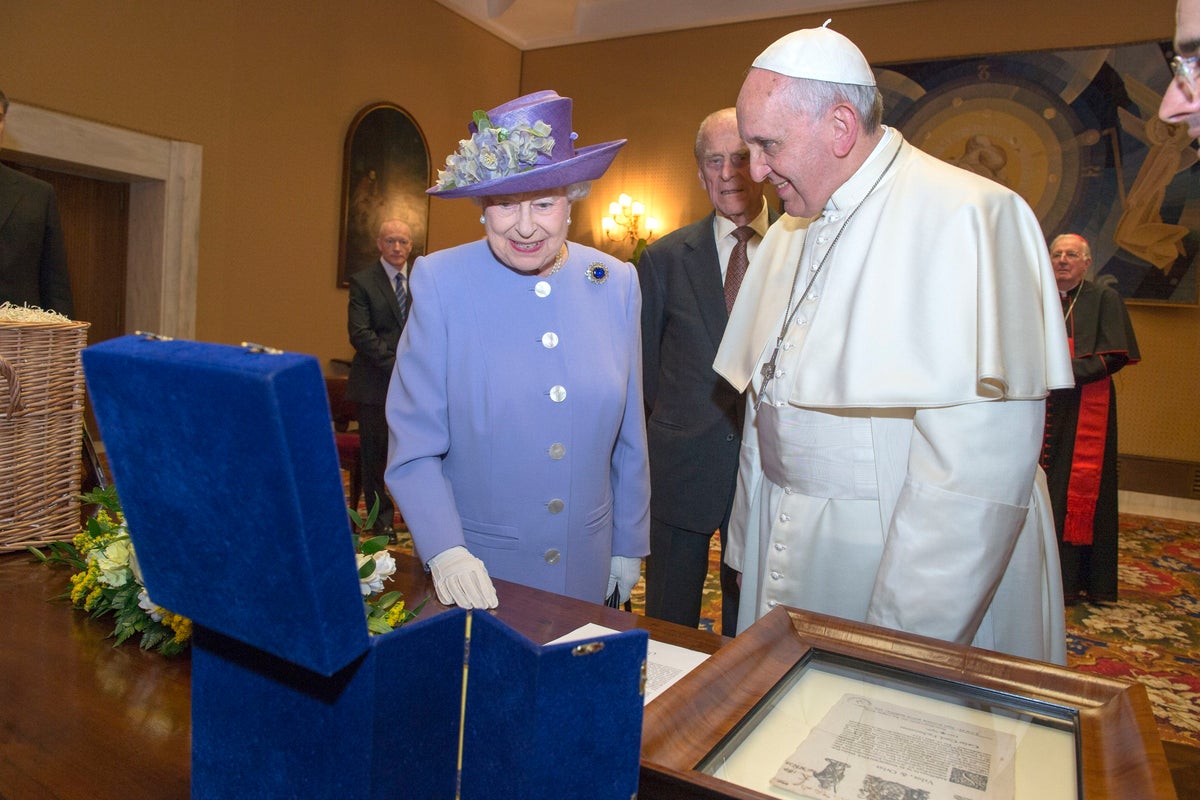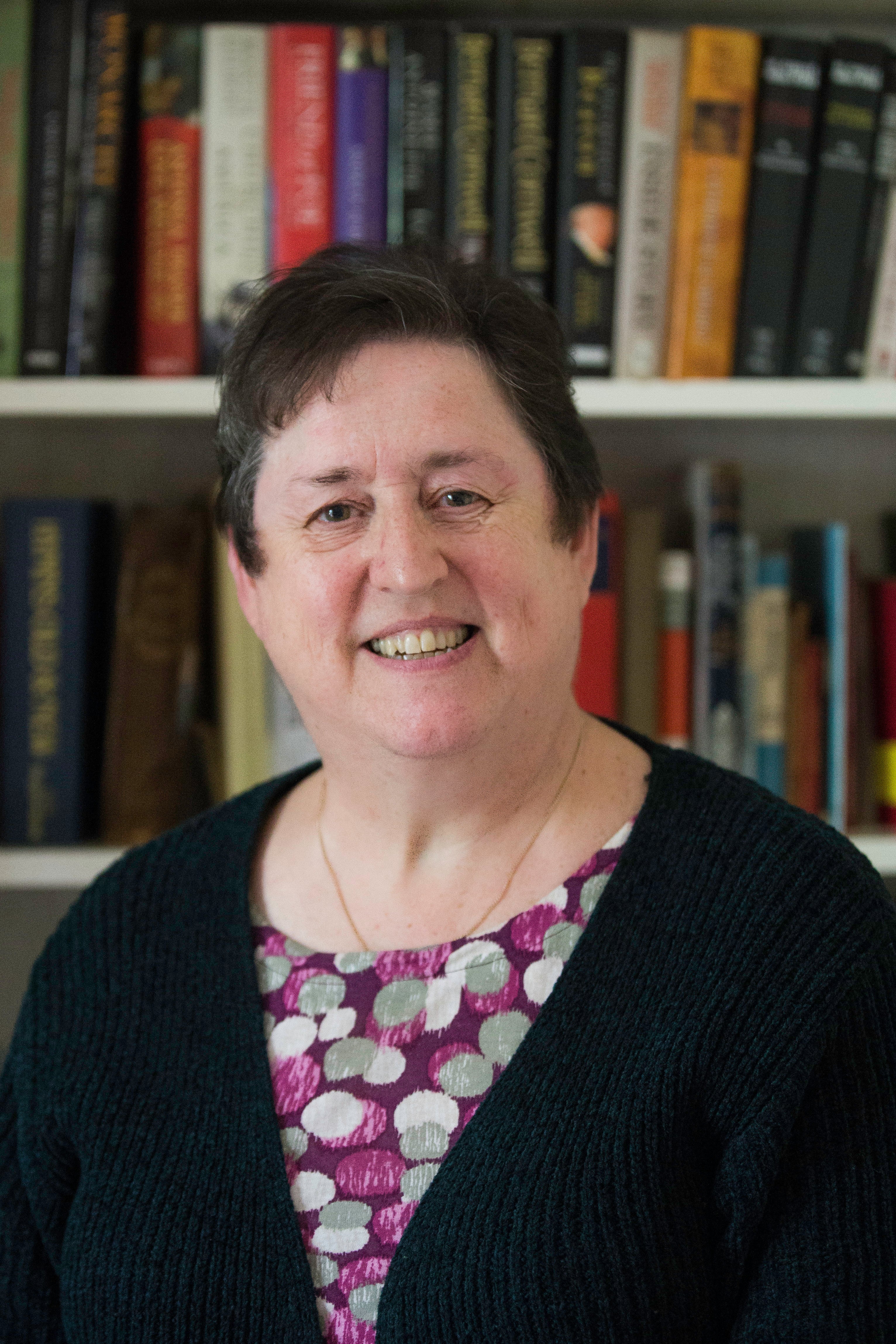
A Catholic nun and theologian has praised Pope Francis for placing women in decision-making positions within the Church but expressed her wish that his successor can go “further and faster” on the issue.
Sister Gemma Simmonds, a past president of the Catholic Theological Association of Great Britain, said she hopes that within her lifetime women will be able to become deacons.
This role, currently only held by men in the Church, would allow women to perform marriages and funerals, bring sacraments to the sick and preach regularly.
A permanent deacon is not the same as a priest, a role also only held by men in the Catholic Church.
Ms Simmonds, a senior fellow at the Margaret Beaufort Institute in Cambridge, said there is evidence women were deacons in the past and insisted questions around greater roles for females “will not go away”.

The 68-year-old told the PA news agency: “I would love to see women have more of a voice within the Church.
“As things currently stand that is not going to happen unless we have women ordained to the diaconate.
“I don’t see as a theologian, any cogent theological or historical reason why that should not be so.
“I would have loved to have seen Pope Francis move on that faster. I still live in hope that I will see that before I die.”
She described it as “very sad” that the Church is currently “losing a lot of young women, because they just don’t see a space for themselves within the Church as it’s currently constituted”.
In January, Francis named the first woman to head a major Vatican office when he appointed an Italian nun as prefect of the department responsible for all of the Catholic Church’s religious orders.
The appointment of Sister Simona Brambilla was seen as marking a momentous step in his aim to give women more leadership roles in governing the Church.
Ms Simmonds said Francis had been “laying down markers about the fact that there are positions within the Church that women of competence, lay people of competence can occupy perfectly well”.
She said he did so “without having to go anywhere near the question of ordination to the diaconate or to the priesthood”.
But she added: “I actually think those questions will not go away, and they will have to be answered, but for the moment, at any rate, we have got women in some very important decision-making roles, and that’s got to be an improvement on what there was before, which was pretty much nothing.”
Ms Simmonds said while she did not meet Francis she was present for two audiences with him and found him “completely electrifying”.
She hailed his “very funny and very direct” way of speaking, adding that he had some “very powerful things to say”.
Anna Rowlands, professor of Catholic social thought and practice at Durham University, said Francis had been “complex” on his attitude to women in the Church.
She told PA: “On the one hand, he appointed more women to leadership roles than any previous pontiff, and he made an active push to ensure that women were in governance positions within the Vatican.
“In terms of appointing women to serious decision-making and governance roles, he saw no problem with that.
“However, he simply didn’t believe in the ordination of women.
“The limit for him was the laying on of hands, the sacraments, and he just didn’t believe that women were ordained in the early church, and he didn’t believe that he, as a pope, had a mandate to do that.”
Pope Francis latest: Tributes paid after head of Catholic church dies aged 88
Who could be the next Pope? Cardinals who might succeed head of the Catholic Church
Mourners at Westminster Cathedral remember Pope as ‘voice for peace’
Trump pays tribute to Pope Francis despite pontiff’s criticism of policies
Descendants of slave owners in the Caribbean call for reparations at the UN







